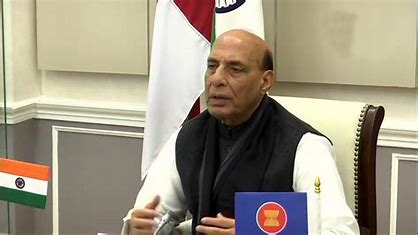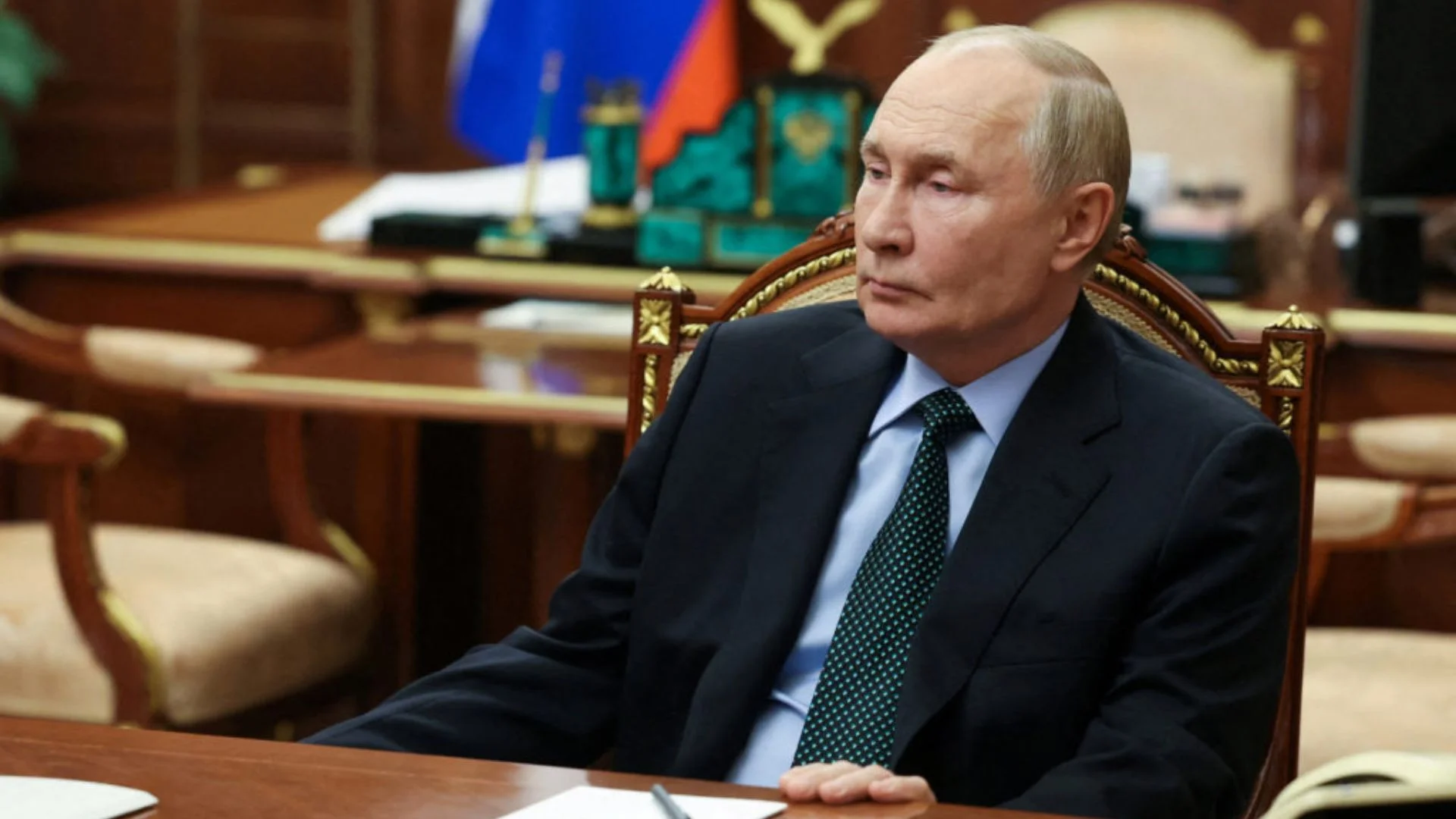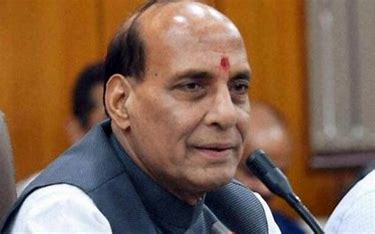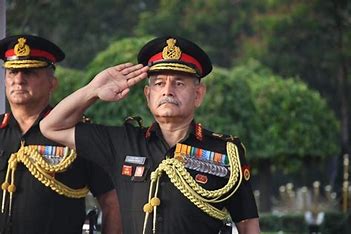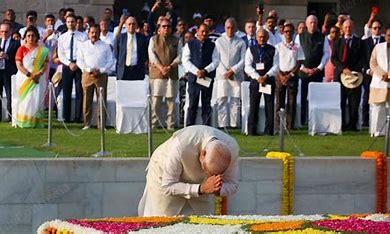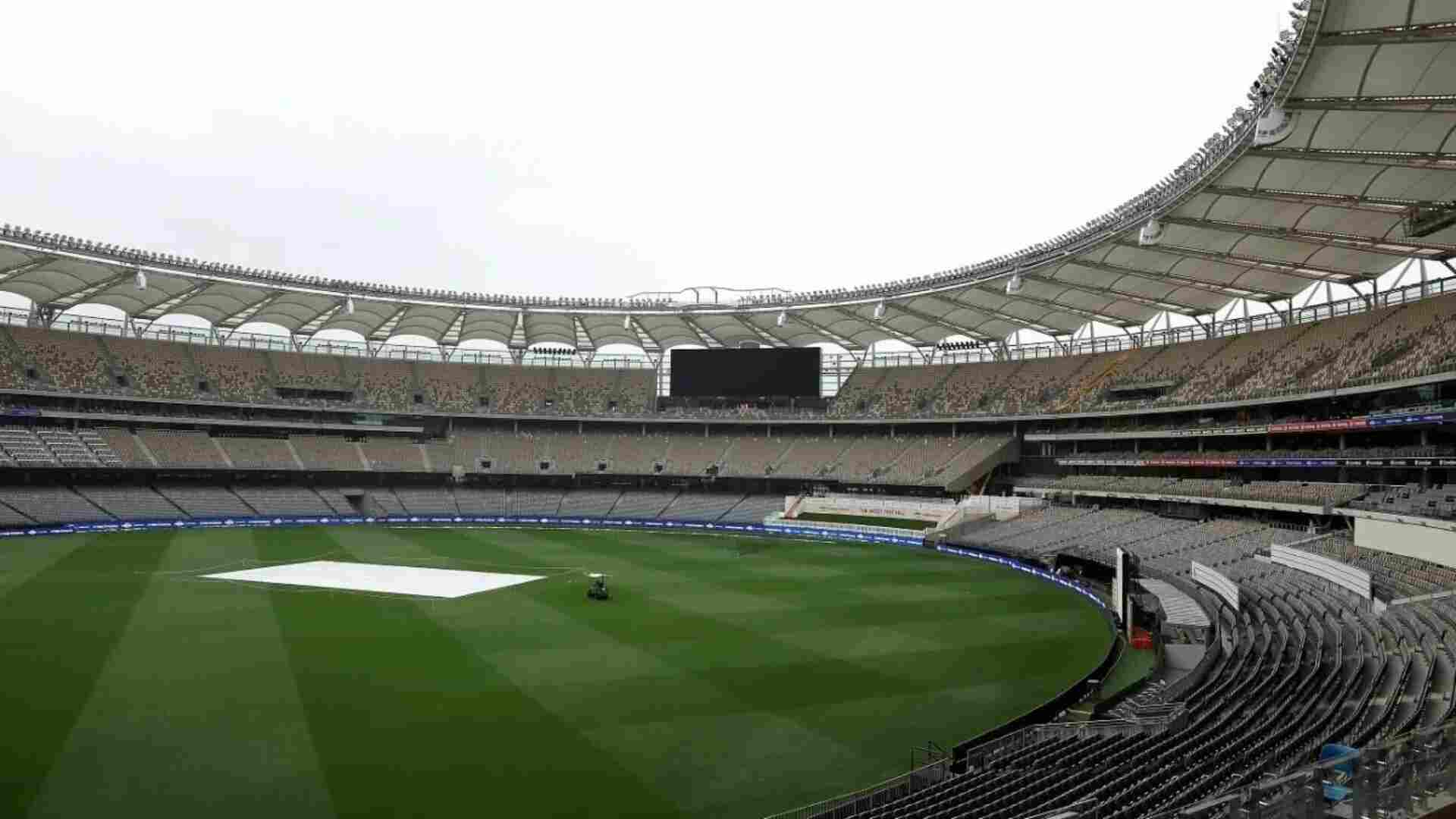
The Delhi High Court in the case East India Hotels Ltd. Versus Commissioners of Customs, General Excise and Central GST observed and has held that the aircraft was imported for private purposes and not for providing non-scheduled passenger or charter services. Therefore, the conditions for the customs duty is being exempted was not being available to the assessee.
The division bench comprising of Justice Vibhu Bhakhru and Justice Amit Mahajan in the case observed that the appellant has not used the aircraft for providing air transport service for remuneration of any kind. The said provision of nonscheduled (passenger) services are being defined under clause (b) of the explanation to Condition No. 104 of the exemption notification, entails providing air transport services to the public at large on the basis of payment of the published tariff. In the present case, the aircraft imported by the appellant was used by its officials and the Board of Directors for travelling to various destinations.
It has been submitted by the appellant that the use of aircraft was being qualified as providing non-scheduled passenger services. Thus, the said appeallant met the condition for duty exemption under the notification. The appellants appeal was dismissed by the Customs, Excise, and Service Tax Appellate Tribunal, It has not been accepted by the Tribunal that the appellant had complied with the conditions for exemption as set out in Customs Notification No. 21/2002-CUS. However, the Tribunal held that the aircraft imported by the appellant was used for private purposes and not for providing non-scheduled passenger or charter) services and violated the , condition No. 104 of the notification.
It has been stated in terms of Condition No. 104 of the Notification, importers of aircraft are required to furnish an undertaking to the Deputy Commissioner of Customs or Assistant Commissioner of Customs, wherein committing that the aircraft shall be used only for providing non-scheduled passenger services or non-scheduled charter services and if it is being declined on the part of the importer with the condition to use the aircraft, the importer would be required to pay an amount equivalent to the duty payable on the aircraft. An appeal ahs been filed by appellant against the order passed by the CESTAT.
The said issue was raised before the court when the Tribunal had erred in misinterpreting the notification and concluding that the appellant had not complied with the conditions for availing duty exemption under the notification. It has been held by the court that it was necessary for the appellant to publish the tariff for use of the aircraft and make the services available to the public. The court stated that the this court concur the said condition of exemption under the notification have not been complied with as the appellant has not used the aircraft for rendering any “air transport service” within the meaning of Rule 3(9) of the Aircraft Rules.
